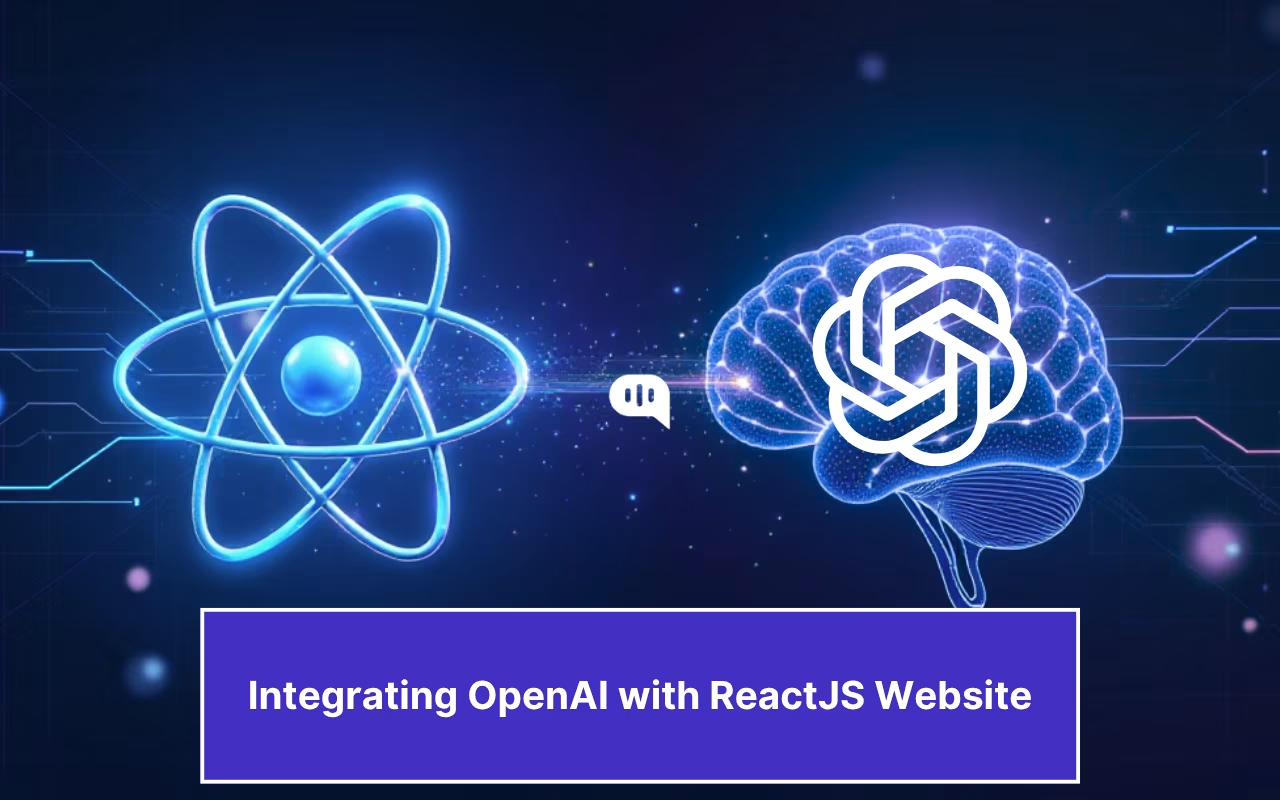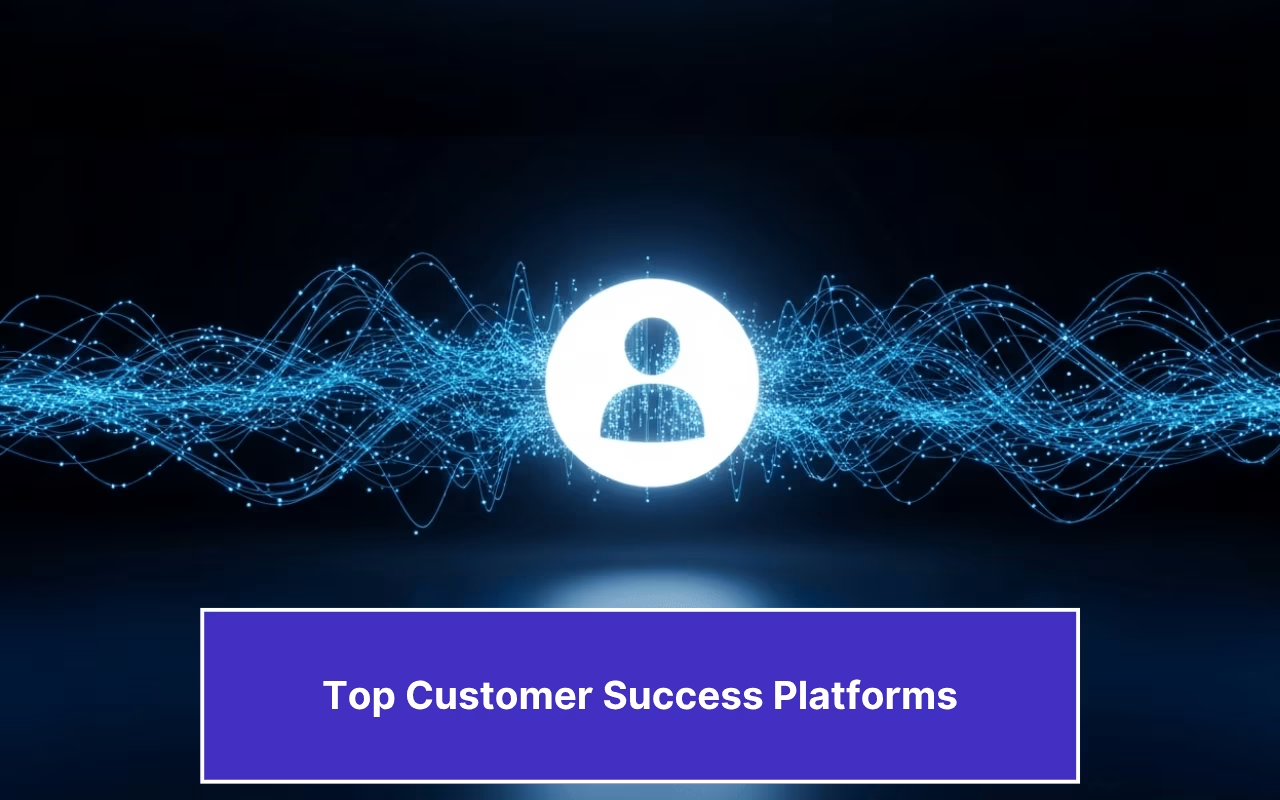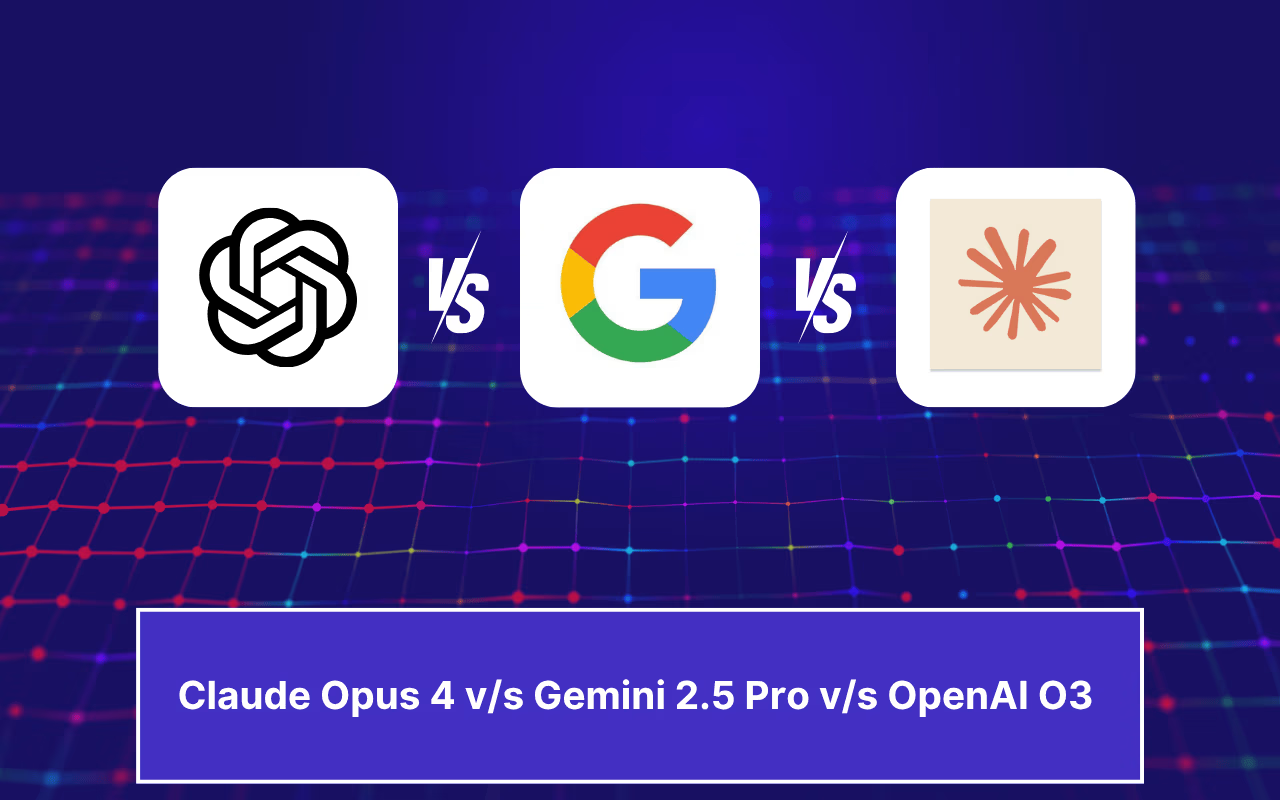Updated on March 6, 2025
In a recent article, Shep Hyken, an internationally renowned Customer service and CX expert, wrote, “Customers don’t want to wait. Specifically, they don’t want you to waste their time. If you do make them wait, you risk losing them. Making your customers wait sends the message that you don’t respect them or their time.”

Slow wait times are a symptom of inefficient customer support workflows. This often happens when support tickets are mismanaged and lost because of high volumes.
Additionally, customer support executives face increasing pressure to provide personalized customer service since 70% of customers are frustrated with impersonal customer experiences.
One of the most efficient methods to improve customer service is using an AI-powered email ticketing service to manage support tickets automatically. This method instantly enhances speed and accuracy, allowing your team to simultaneously deal with significantly more tickets.
While improving customer service workflows and reducing response and resolution times is impressive, AI has recently taken massive strides to become pivotal to the entire discipline of customer service. It can handle multiple steps in the support workflow, resolve omnichannel queries, and assist support reps when they need help.
In this article, we will discuss the role of AI in email support ticket management and the future tools currently under development. We’re going to cover:
- Why Does Your Support Team Need an AI-powered Email Ticketing System?
- What are the Challenges of Traditional Email Ticketing Software?
- What is the Impact of AI-Powered Email Ticketing Systems on Support Teams?
- Why is AI Email Ticketing Just the Beginning?
- What is the Future of AI in Customer Support?
- Conclusion
Why Does Your Support Team Need an AI-Powered Email Ticketing System?
What is an AI-Powered Email Ticketing System?
AI-powered email ticketing systems are automated systems that assign and triage tickets based on the severity and complexity of the support request. For example, if a customer support request needs tech support, it will be flagged as an incident ticket and assigned to someone with expertise.
AI-powered email ticketing systems are efficient because they can read a customer request, categorize it, and assign it to an appropriate person. This improves the overall workflow of the customer support team as a whole.
How Does an AI-Powered Email Ticketing System Work?
Most AI-powered email ticketing systems follow a similar workflow:
- Receipt of Message – The customer messages you through email on different platforms.
- Natural Language Processing – The AI understands and processes customer complaints.
- Machine Learning – After recognizing and understanding the content of the complaint, the AI system categorizes it and then assigns it to an agent.
- Ticket Assignment – The AI system searches the problem type against your agents’ expertise. Then, it routes the ticket to the appropriate agent using skill-based AI routing.
- Improvements – The email ticketing AI platform learns to improve after each operation based on human feedback and self-training.
This workflow lets AI systems understand, process, and provide ticketing support to you and your customer support team.
Of course, as you can see, this ticketing system adds several benefits to customer service. Let’s see how by looking at its benefits.
What are the Benefits of AI-powered Email Ticketing System?
An AI Email Ticketing System increases the efficiency of your customer support team through:
- Automation & Task Management: AI systems can sort and rank tickets so your team can focus on complex tasks first.
- Intelligent Ticket Processing: AI systems can understand thousands of tickets in seconds. This lets the system route and categorize tickets accurately.
- Enhanced Customer Experience : Customer satisfaction increases due to faster resolutions and responses. AI can also personalize responses, making customers feel valued.
- Customization Capabilities: AI can be changed to match your existing workflows and processes. This helps your team manage tickets while following their SOPs.
- Resource Optimization: AI automatically resolves repetitive customer complaints. This allows your team members to dedicate more time to complex issues that require human expertise.
Let’s see how Appen, an AI data generation and training industry leader, used an AI-powered email Ticketing system to bolster their customer support teams to see these benefits in action.

Appen – Reducing Ticket Resolution from 2 Weeks to < 24 Hours

By implementing an AI-powered Email Ticketing System, Appen saw the following:
- Their resolution time was reduced from 2 weeks to < 24 hours.
- They saw their CSAT rating increase by 10%.
- 80% of their tickets were resolved automatically by AI.
This happened because AI systems reduced the manual processes around each support ticket. To get some context, let’s look at the challenges of traditional ticketing processes.
What are the Challenges of Traditional Email Ticketing Systems?
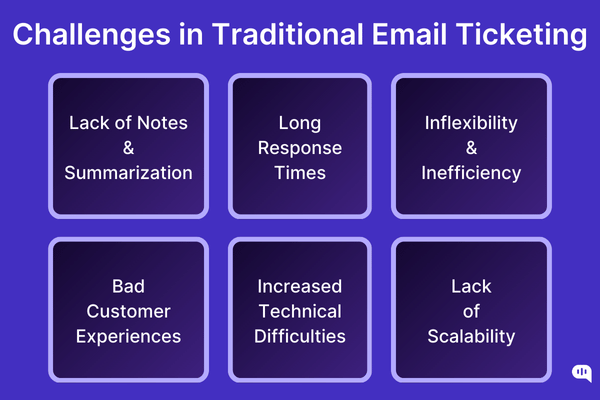
- Lack of Notes and Summarization Features
Traditional email ticketing systems didn’t have intelligent notes and summarization features. This meant that employees would have to read the entire conversation to find the issue and nuances. This increased the overall response time and reduced customer satisfaction.
- Response Times
Alongside the lack of notes, manual traditional processes where your agents have to sort tickets are difficult. Manual errors and high ticket volume mean critical issues are deprioritized, and response times increase. Some tickets might even go missing because of the volume of messages.
- Inflexibility and Inefficiency
Since most traditionalI ticketing systems follow some basic rules, the teams had to build their workflows around them. This meant that teams would have to make a specific workaround whenever issues fell outside the everyday workflows. Since AI systems can adapt to different challenges, this problem is mitigated.
- Bad Customer Experience
A lot of traditional email ticketing systems use forms to categorize tickets. This frustrates customers because they must deal with jargon and multiple options before filing a complaint. AI systems mitigate this by sorting through these complaints automatically instead of relying on customers.
- Technical Difficulties
Traditional ticketing systems often suffer from technical glitches, ranging from slow performance to complete system failures, resulting in delays and frustration for the ticket issuer and the customer. The reliance on outdated technology and legacy systems limits organizations’ agility and growth potential, posing a significant barrier to innovation.
- Scalability
Traditional non-AI email ticketing systems are also not as scalable as AI systems. This is because they depend on manual processes to categorize and sort through tickets. So, as your ticket volumes increase, the only way to continue with the traditional workflow is to increase the number of people on your team.
AI systems tackle these problems head-on and automate the entire process of ticketing. This creates a significant impact on the customer service team as a whole.
What is the Impact of AI-Powered Email Ticketing Systems on Support Teams?
Let’s understand the impact of AI-powered email ticketing systems on support teams by examining the high-order metrics and KPIs it directly impacts.
CSAT (Customer Satisfaction Score) Increased
The first blocker that an AI email ticketing system solves is efficiency. Since your customer service reps get tickets assigned to them automatically based on their skills, they can focus more on the task at hand.
This simplifies the overall process, and with AI automatically answering repetitive questions, they have more time to work on complex issues as well. This means that customer queries get the attention they deserve, and they can work on solving complex problems faster.
Faster resolution times are directly linked to increased CSAT and revenue.
NRR (Net Revenue Retention) Increased & Churn Decreased
86% of customers would leave a business after 2-3 bad customer service experiences. Bad customer experiences increase when you trust manual processes because errors are more likely to occur.
AI-powered email ticketing systems reduce these errors and improve response and resolution rates. As we saw from the Appen result above, the reduction can be drastic, too.
This drastic reduction helps companies keep customers on board for longer, thus boosting Lifetime Value (LTV) and Net Revenue Retention (NRR). The churn rate is also reduced since these metrics are inversely connected to customer churn.
First Contact Resolution (FCR) Increased
Another exceptional quality of AI systems for email ticketing is the ability to assign tickets based on a person’s expertise. Since customer complaints are filtered to the most skilled member of your team, they’re more likely to provide a resolution to them.
This reduces the number of times customers must return to customer support to address their problems and increases First Contact Resolutions (FCR).
Employee Experience (EX) Improved
Customer support is often the department in an enterprise that sees the most employee turnover. While this happens for a multitude of reasons, one of the reasons is that the work can become repetitive. AI email ticketing systems reduce the repetitiveness of the work in customer support teams by automating 80% of the incoming repetitive emails.
Since employees can apply their skills to solve more complex problems and don’t have to copy-paste templates all day, this improves employee experience.
Now that you firmly understand the promise of AI-powered email ticketing let’s talk about the future trends in this space.
Why is AI Email Ticketing Just the Beginning?

While AI email ticketing mechanisms are relatively new in the market, they’re already becoming powerful. Part of this is ongoing research and mechanisms that have pushed the envelope regarding features. Some key features to focus on here are:
- AI Tools – New Anthropic and Open AI releases showcase that these ticketing systems could also operate essential tools on users’ computers. This allows them to solve more complex queries and run basic troubleshooting for your customers in the future, making it possible to introduce further efficiency in your workflows.
- Integration with Other AI Tools – AI email ticketing systems can act as an agents in a larger agentic workflow to drive troubleshooting and customer complaint resolution. For example, the AI ticketing agent could assign a ticket to an AI chatbot that will answer the customer’s question.
- Predictive Customer Support – Proactive customer support requires constantly monitoring your client’s systems and workflows and noticing any problems. While a human workforce can’t achieve this, an AI can detect patterns and notice irregularities, providing key support before systemic issues arise.
- Omnichannel Support – While AI email ticketing is meant for emails, these systems are adaptive to many channels. As such, they can monitor customer complaints across messaging apps, social media, and even PoS systems in your business workflows.
These technologies have already been piloted and are in different stages of implementation across industries. Soon, ticketing systems with AI will be a regular part of customer support functions.
Here’s a quick video on Automate Emails using AI Powered Email Ticketing system.
Further on, several new trends in broader AI technology will fuel this adaptation.

What is the Future of AI in Customer Support?
Many reports have pointed out that AI is becoming a regular part of customer support teams worldwide. We think that this innovation will extend further because of the following trends:
- Advanced Personalization: AI is being trained to be more empathetic and understanding. With more data processing capabilities, AI can use customer data to deliver highly tailored support experiences.
- Sentiment Analysis: Sentiment analysis has been an ongoing research area in machine learning for decades. However, recent LLMs and AI models are more capable than ever of providing a real-time understanding of customer emotions and improving interactions.
- AI-Augmented Agents: Tools like agents assist human agents in quickly accessing the latest data and probable solutions to customer problems. They will increasingly rely on AI suggestions to resolve queries faster and more accurately.
- Visual AI – With the recent development of multimodal models, AI can now analyze images and provide solutions to customers on the go. Properly fine-tuned models can directly diagnose issues and troubleshoot on the customer’s behalf.
With these skills and others, the future of AI in customer support will be agentic and multi-pronged. AI will become one of the key drivers of customer support evolution in the next few years and impact workflows.
Looking to enhance your email ticketing system with AI automation? Check out this guide on AI-powered email ticketing to streamline customer support and improve efficiency.Conclusion
AI-powered email ticketing systems represent a transformative shift in customer support operations. By automating ticket categorization, routing, and essential resolution, these systems dramatically improve response times, customer satisfaction, and team efficiency. The benefits extend beyond email management – from increased CSAT scores and revenue retention to improved employee experience and first-contact resolution rates.
As we look to the future, AI’s role in customer support will only grow more significant. Advanced features like predictive support, omnichannel integration, and AI-augmented agents are already emerging. With developments in visual AI and sentiment analysis, we’re moving toward a future where AI doesn’t just assist customer support – it revolutionizes the entire customer experience paradigm.
Kommunicate’s new AI-powered email ticketing system offers a comprehensive solution that harnesses these cutting-edge capabilities for businesses looking to stay ahead of this transformation.
Ready to transform your customer support operations? Visit Kommunicate today to see how AI can revolutionize your support workflow.

CEO & Co-Founder of Kommunicate, with 15+ years of experience in building exceptional AI and chat-based products. Believes the future is human + bot working together and complementing each other.


